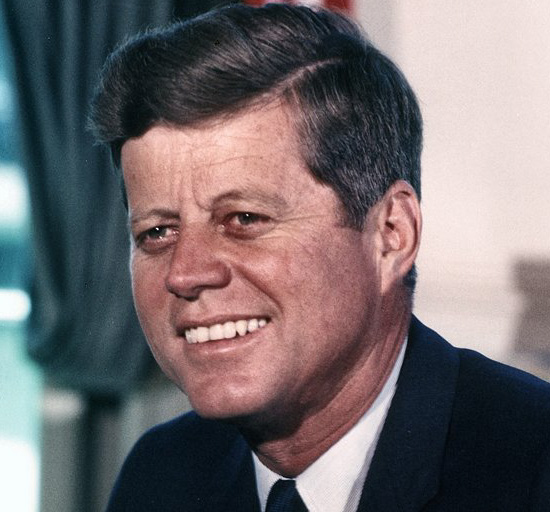BY DANIEL B. MELTZER | On the Friday that President John F. Kennedy was assassinated I was a P.F.C. in training to become a Morse code and radio-teletype operator at Fort Gordon, outside of Augusta, Georgia. I was looking forward to a weekend pass and two days in Atlanta.
We were learning how to tune Army radios, which were actually mobile radio stations, the numerous components filling a “hut” the size of a small truck. To college grads like us — many of us had enlisted or been drafted right after commencement in June — the complex electronics and the by-the-numbers military approach to everything made it all more complicated than seemed necessary.
Each of us had a miniature radio set to work on. You had to power up, calibrate your transmitter and receiver, synchronize them, dip and load your antenna coil…a long list of steps just to get going. The room was quiet except for the occasional slam of a hand to the tabletop, and “God damn this f—— thing!
Suddenly the classroom door flew open. A sergeant stuck his head in and called out, “The president’s been shot, get it on your sets.” You never saw a bunch of liberal arts majors zip through those steps so fast.
We were restricted to base that evening. No rides to Atlanta or even into dreary Augusta: bars, tattoo parlors, pawnshops and hookers that none of us could afford. Someone in our barracks had a transistor radio. We heard the news as it unfolded.
The next day a memorial parade was arranged, with a platoon from every unit on the base marching. Participants were chosen by size: Tallest, next tallest and so on, front rank to rear. They had enough before they could get to me.
Normally, this would have been a relief. Marching in step for hours with an M1 rifle on your shoulder is not fun. And then standing stiff at parade rest without moving a finger for the speeches and then at full attention as the base commander reviews the troops can and does cause genuine physical pain. I didn’t care. Like everyone else in my family, I admired J.F.K., saw him as the brightest, gutsiest and coolest president ever. I had met him when he came to ABC in New York in 1960, where I was a page in the studio during his debate with Richard Nixon. I wanted to march in that parade. For two packs of Camels, I took another guy’s place. He thought I was nuts to actually pay him to get him out of parade duty.
It rained. It poured. The uniform of the day was Class “A” khakis freshly starched, spit-shined combat boots, trousers bloused above the boot-tops. Due to the weather, ponchos were added. We could have been naked under those ponchos except for the boots. But we were marching instead, over wet grass and through mud with our rifle straps pressing down, and our cardboard-stiff khakis cutting into our necks, elbows and knees. My eyeglasses were fogged, rain-smeared and sliding down my sweaty nose.
In their speeches, the high-level brass seemed to bend over backward to avoid outright praise of the slain president. They didn’t like him, I recognized. I wondered why. Much later I came to understand the reason. He had been reluctant to commit U.S. troops to a major land war in a place called Vietnam. The Gung Ho guys were itching to go.
The next day I was put on KP. I was mopping when someone came running into the mess hall yelling, “Oswald’s been shot!” I ducked out and snuck over to the day room, where there was a TV. Officers were lounging on the leatherette sofas and easy chairs. In my water- and grease-soaked fatigues, mop still in hand, I saw the videotape replay of Ruby shooting Oswald. Walter Cronkite was at the anchor desk. Dan Rather was reporting from Dallas. I stood riveted, until the mess sergeant stood toe to toe in front of me with a very large knife in one hand and shouted and sprayed his miserable breath into my face to get my “f—— a– back into that kitchen or I’ll…!” He didn’t have to complete the sentence. Random violence at military installations was not unusual even back then.
Years later, I would become a writer for CBS News. As it happened, I started the week that was Walter Cronkite’s last. He was replaced the following week by Dan Rather.
Meltzer’s most recent book is “Outsiders,” a collection of short fiction






































